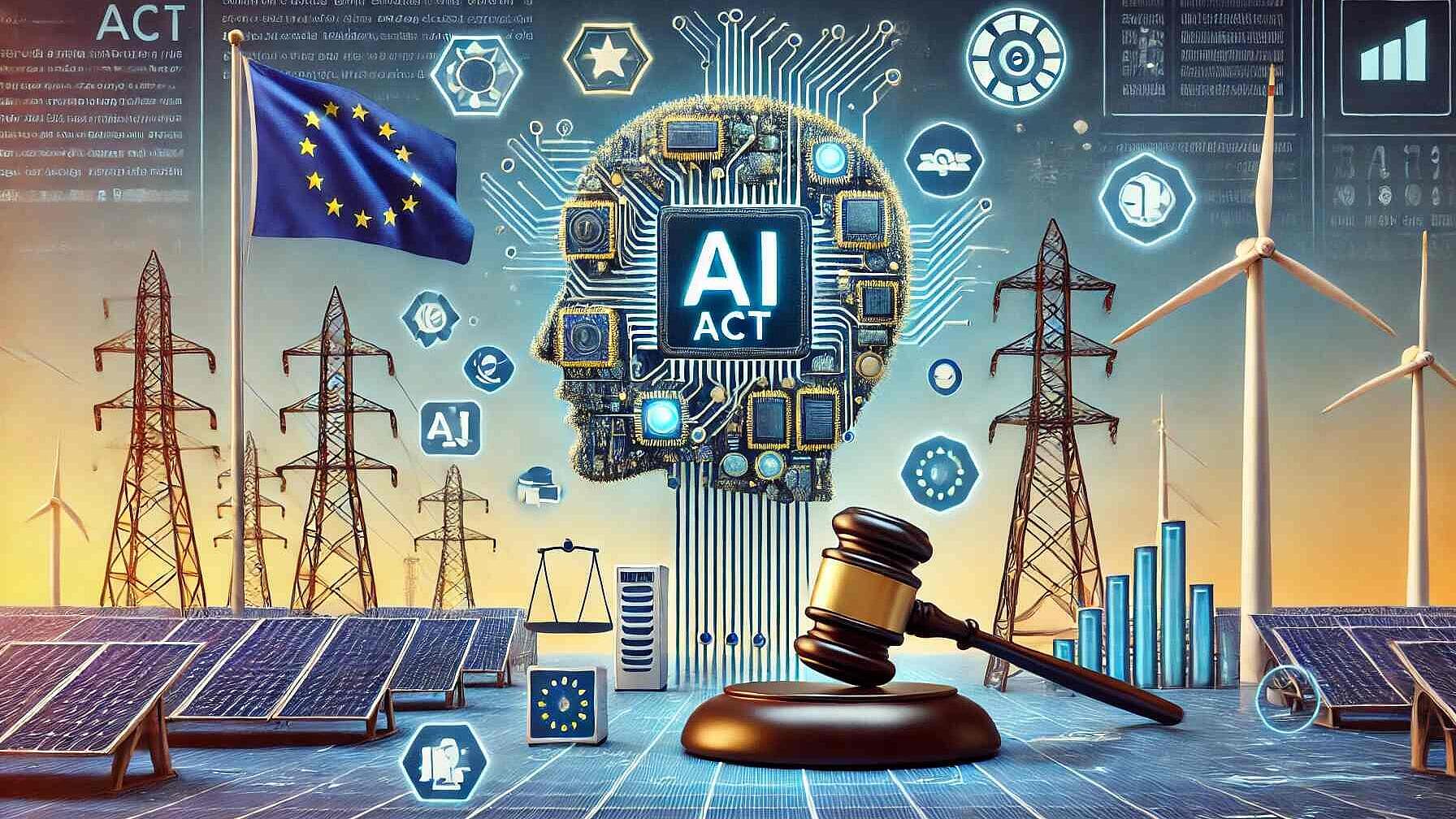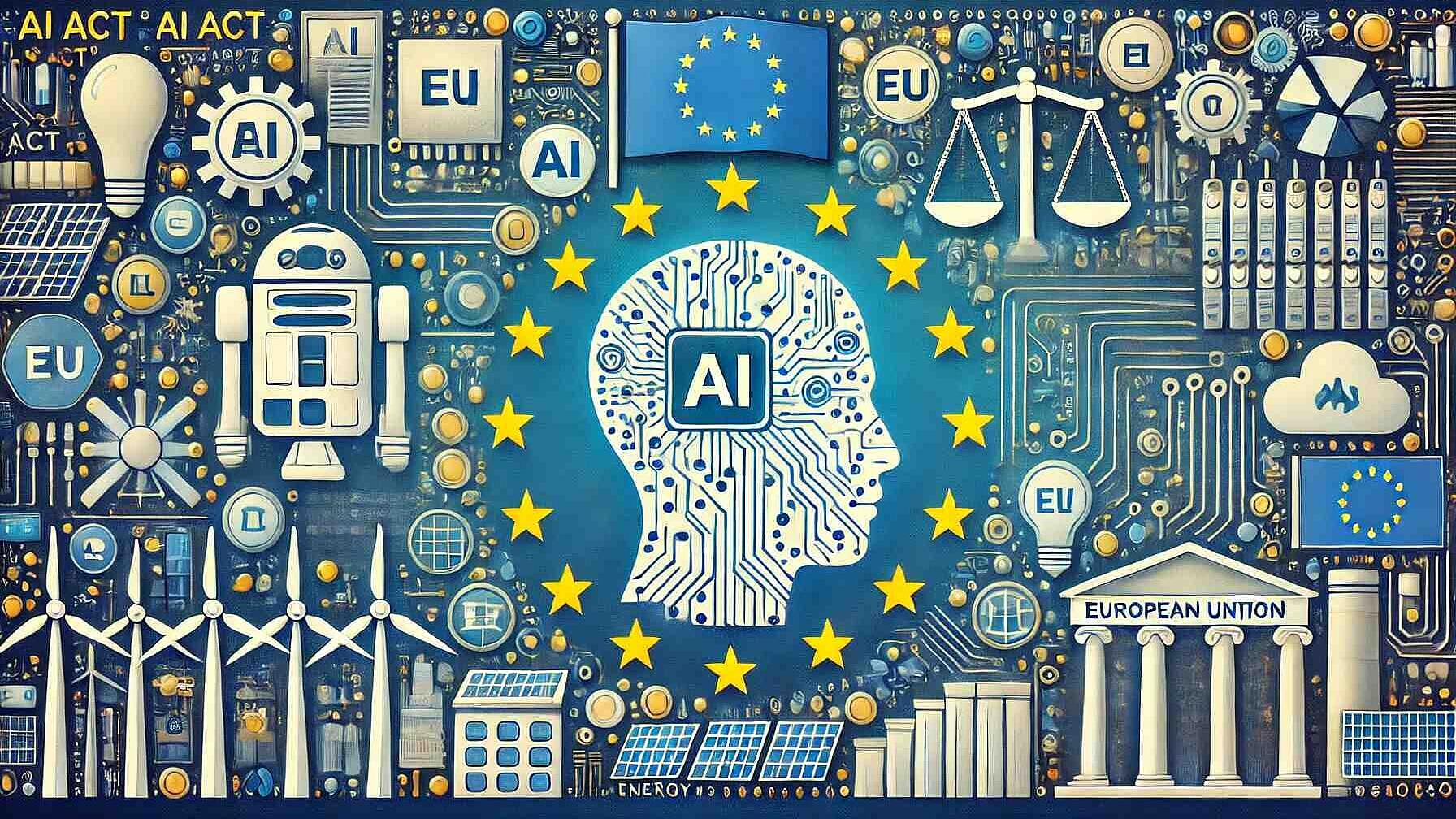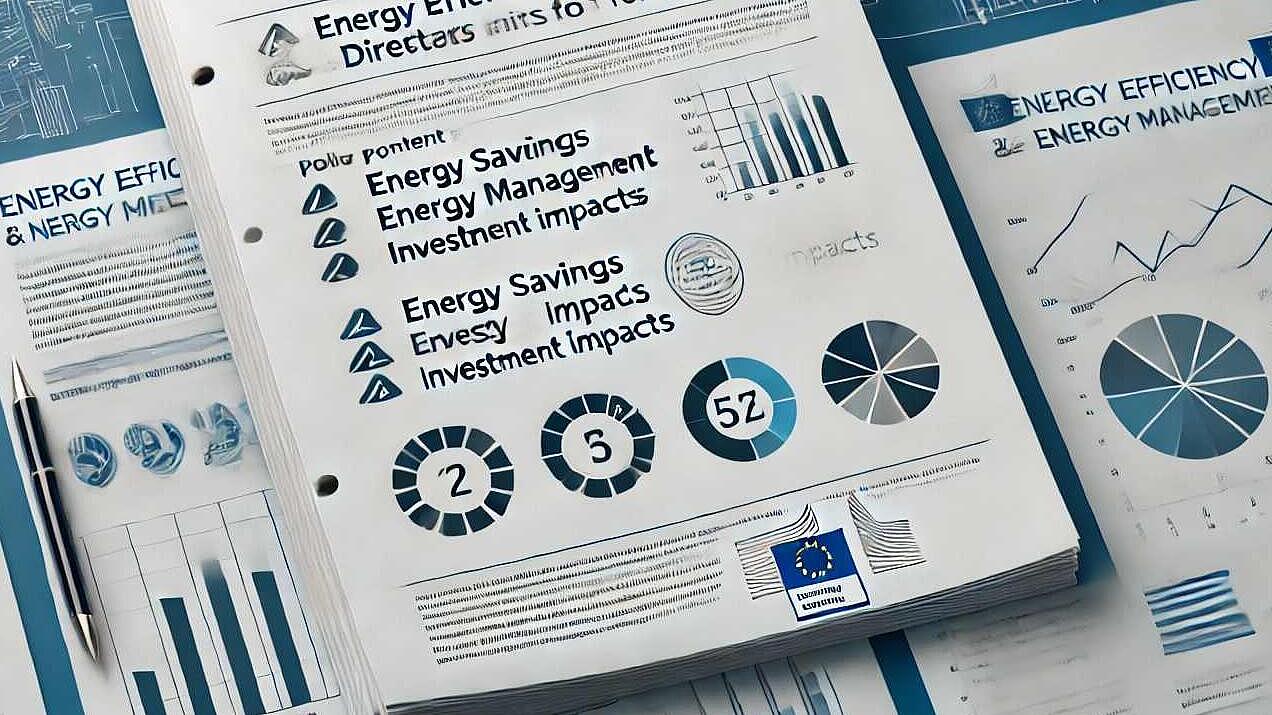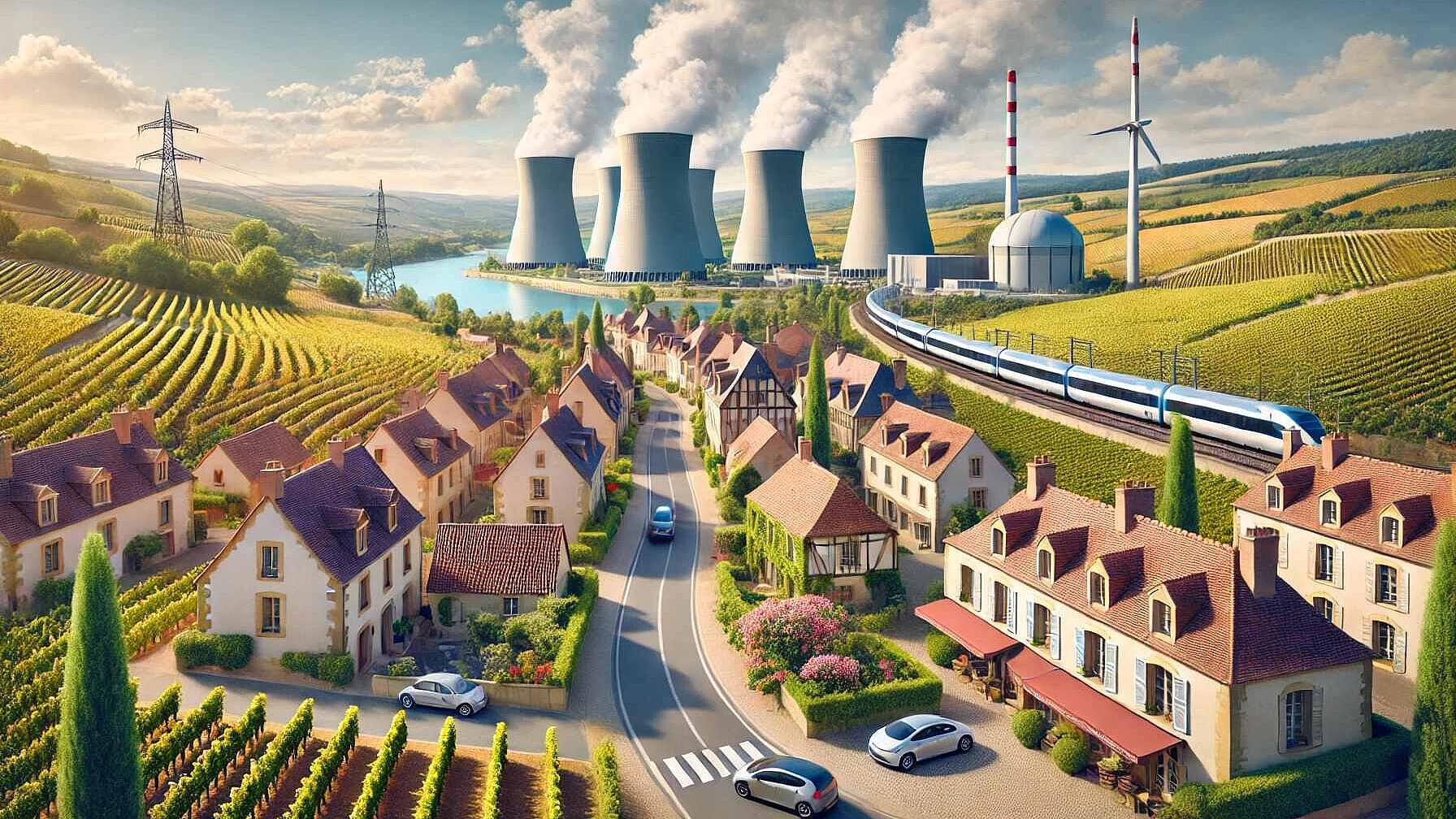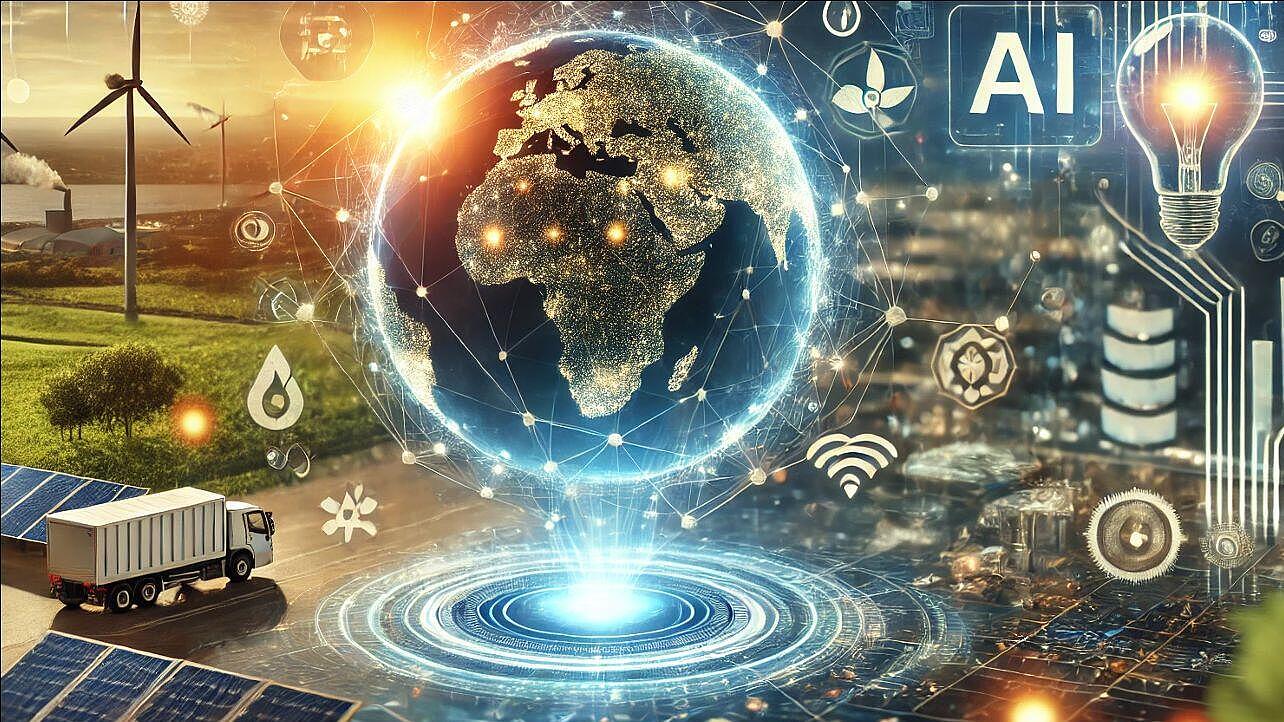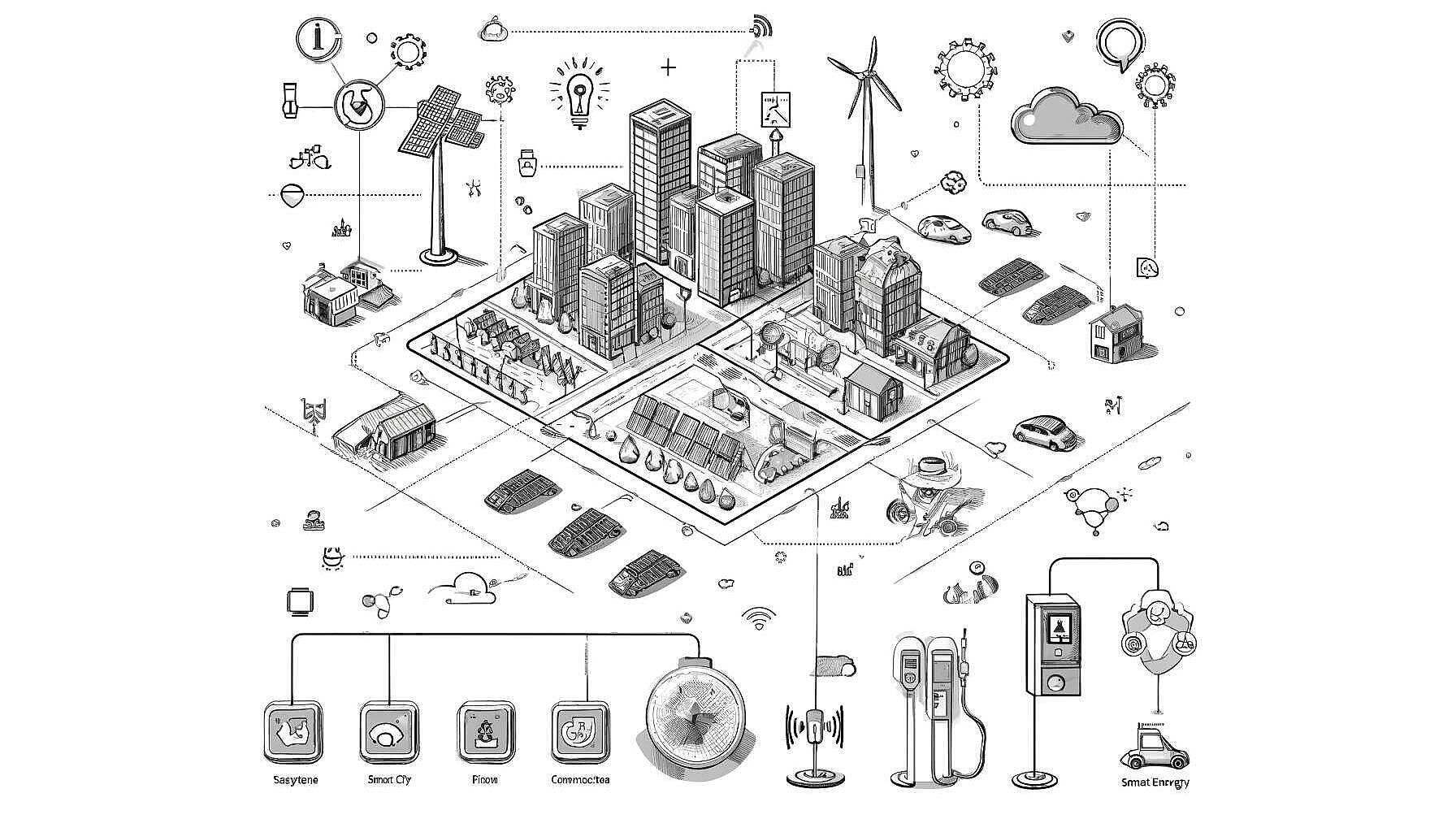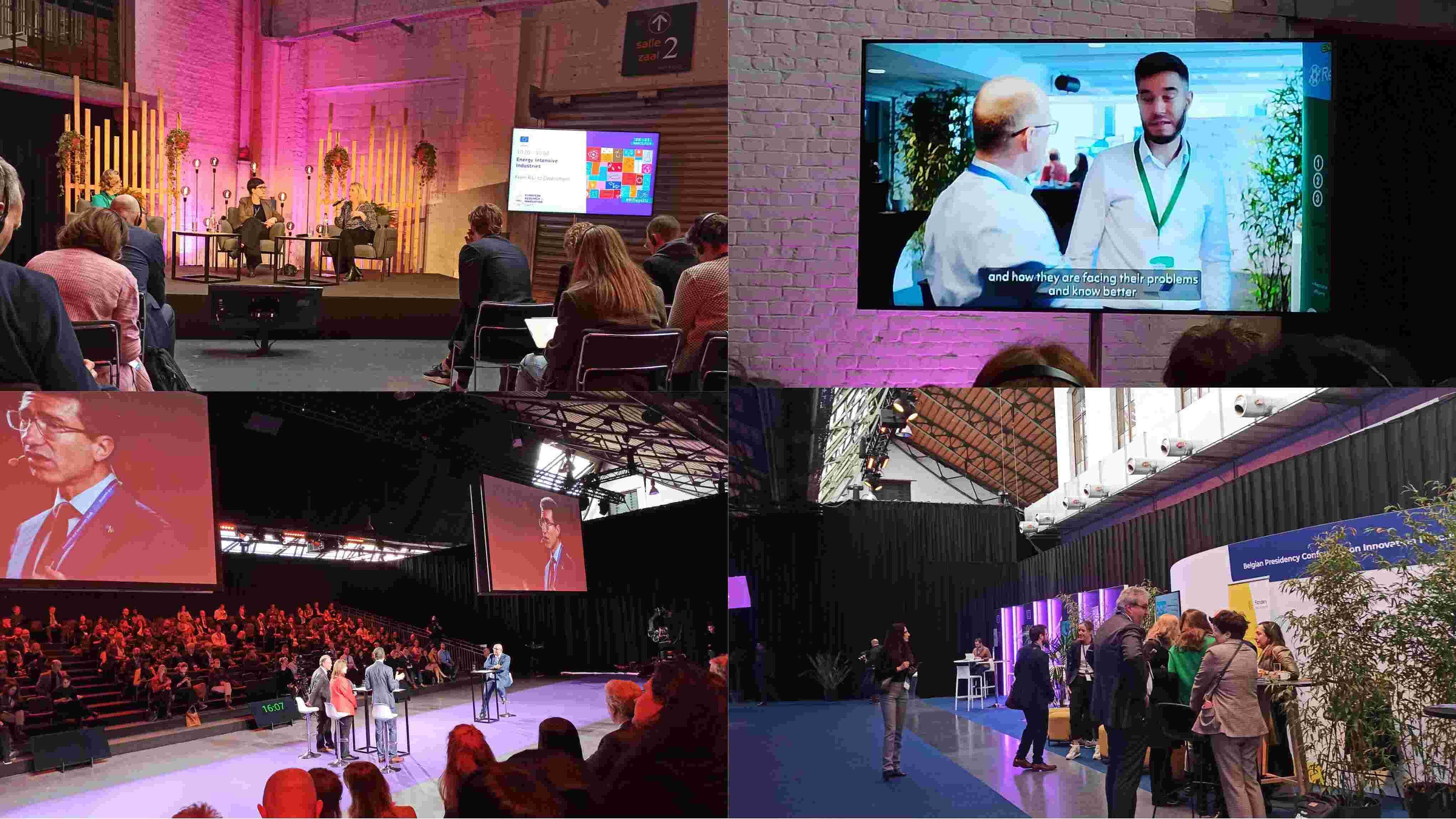 Política & Regulação
Política & RegulaçãoPolítica & Regulação
The EU’s Artificial Intelligence Act (AI Act) is a comprehensive legislative framework designed to regulate AI systems throughout the EU. It introduces a risk-based classification system: from unacceptable risk to minimal risk. High-risk AI systems must meet stringent requirements such as robust risk management, high-quality data, and human oversight before they enter the market. The Act has an extraterritorial impact, applying to entities outside the EU if they affect EU citizens. To foster trustworthy AI use, the Act requires transparent operations, labeling AI interactions, and prohibits high-risk practices like social scoring and indiscriminate use of biometrics by law enforcement. Innovations and SME growth are supported through provisions like regulatory sandboxes for testing AI and specific SME support mechanisms. The AI Act details enforcement measures, with potential penalties for non-compliance reaching €30 million or 6% of global turnover. Additionally, it offers a redress system for individuals harmed by AI systems. The Act also has significant implications for the energy sector, where AI controls supply management and optimizes energy consumption across industries. The energy sector must ensure AI systems adhere to mandates for accuracy and data governance. Regulatory sandboxes could be instrumental in testing AI applications in energy, supporting the industry's digital transformation. Overall, the AI Act seeks to harmonize AI regulation while promoting ethical standards and innovation, impacting various sectors, including energy, and requiring adjustments to comply with this evolving regulatory landscape.
Leer Artigo completoThe Future of AI: Navigating the AI Act and its impact on energy transition
The EU's AI Act introduces a risk-based framework for AI, mandating requirements for high-risk systems and enforcing compliance. It addresses AI's potential in energy optimization, while emphasizing fundamental rights, safety, and a human-centric approach, with the IEA highlighting AI's role in achieving sustainability goals.
Leer Artigo completoAll you need to know: The EU's bold Energy Efficiency Directive
Directive (EU) 2023/1791 mandates a minimum 11.7% energy reduction by 2030, with specific targets for sectors and Member States. Emphasizing public sector efficiency, building renovations, and consumer empowerment, it sets a framework for sustainable energy use and addresses energy poverty, providing measures for enforcement and financing.
Leer Artigo completoEnergy Efficiency Reloaded: How European SMEs Are Driving Sustainability and Savings
SMEs, at 98.9% of European businesses, collectively account for 13% of energy demand, presenting significant energy efficiency potential. Barriers include financial constraints and lack of energy management. Supportive policies and tailored programs can incentivize efficiency improvements, leveraging SMEs' key role in reaching the EU's energy goals.
Leer Artigo completoAnalysis of the Front National 2024 Program and Its Potential Impact on Financing the Energy Transition
The Rassemblement National's 2024 program prioritizes nationalistic policies, with an emphasis on nuclear power, potentially hindering renewable energy development. The program's focus on traditional energy sources may lead to regulatory changes, affecting investor confidence and France's alignment with EU goals. This could result in tensions with the EU, reduced funding, and a slowed energy transition.
Leer Artigo completoEEIP Leads the Way in Transparent and Responsible AI Use
EEIP's AI policy emphasizes transparency, ethical behavior, and data protection, aligning with EU guidelines to foster trust and drive responsible AI in the energy sector for sustainable, innovative solutions like CircularPSP and DMaaST, within regulatory compliance.
Leer Artigo completoRevolutionizing Urban Living: Insights from the STARDUST Project
The STARDUST project exemplifies sustainable urban transformation through smart integration in energy, mobility, and ICT in "lighthouse" and "follower" cities, focusing on renewable infrastructure, innovative technologies, regulatory adaptability, stakeholder engagement, and novel business models to foster replicable sustainable city initiatives.
Leer Artigo completoTHE PATH TO TRANSFORMATION: EUROPEAN RESEARCH AND INNOVATION DAYS 2024
The European R&I Days highlighted the need for a comprehensive government approach involving research and innovation to achieve the European Green Deal’s decarbonization targets. Showcasing success stories, it emphasized collaboration for transforming energy-intensive industries and integrating R&I for a sustainable future.
Leer Artigo completoTHE DECENTRALIZATION OF ENVIRONMENTAL TAXES: ENVIRONMENTAL OR ECONOMIC ADVANTAGE?
The article examines the efficacy of decentralizing environmental taxes to address region-specific environmental issues, contrasting it with centralization that may cause fiscal competition and efficiency losses. It suggests harmonizing economic incentives with environmental protection to optimize the impact of environmental taxes on sustainability.
Leer Artigo completoFeeding the Future: Navigating Europe's Journey to Sustainability
The "From Farm to Fork" strategy under the European Green Deal sets ambitious targets like reducing pesticides, increasing organic farming, and halving food waste by 2030. It emphasizes environmental health and economic benefits, advocating technological innovation and stronger global partnerships for sustainable food systems.
Leer Artigo completo